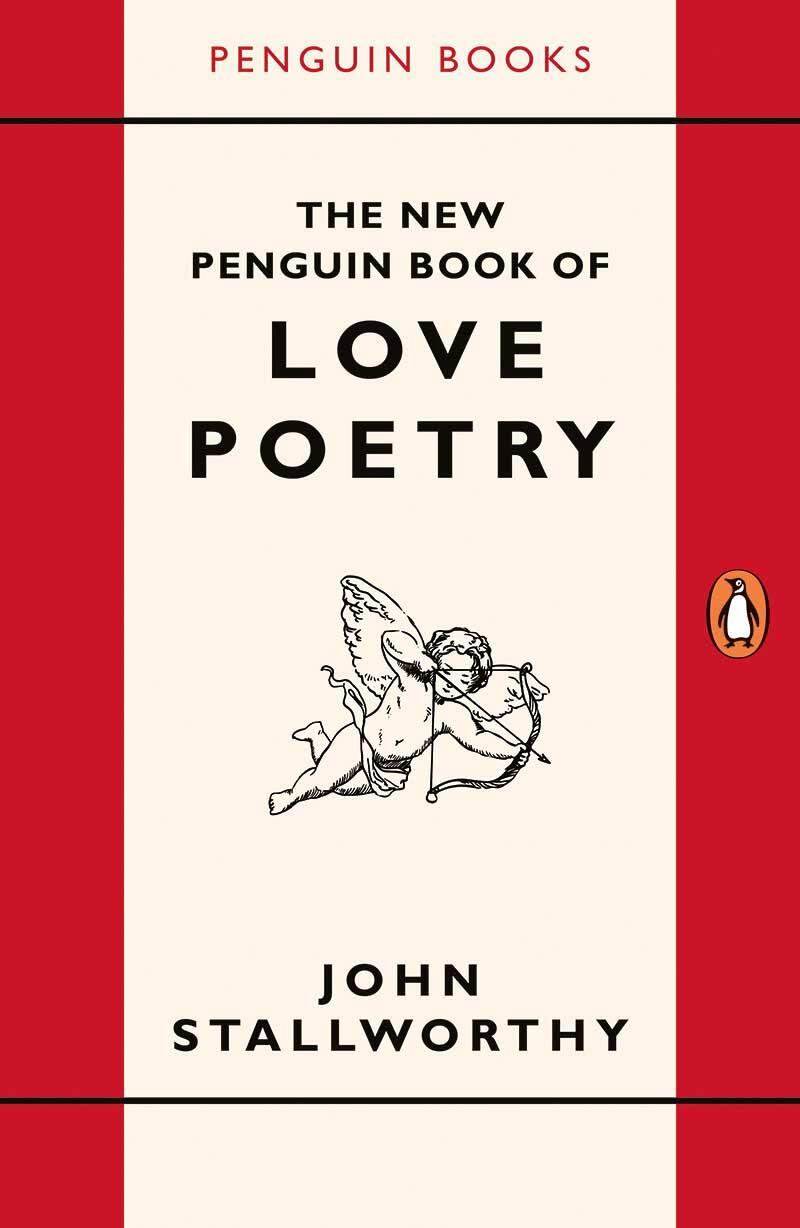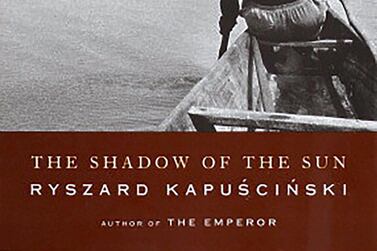Books are windows into other worlds: into the realms of imagination or the wonders of history, science and nature. I was hooked from the moment ‘The Wind in the Willows’ whisked me off, in the company of Ratty and Mole, on glorious childhood adventures.
The Spy Who Came in from the Cold by John Le Carre (1963)
Forget James Bond – leave the tux on the hanger, grab your raincoat and slip into the dark, dank backstreets of Cold War East Berlin. Meet George Smiley, the real deal, masterminding the double agents and the double-crosses. But it’s the job that’s dirty, not the man. Beautifully written, with a realism drawn from Le Carre’s time as an MI6 agent.
The Faber Book of Reportage by John Carey (1987)
Ever wonder what it would have been like to dine with Attila the Hun? Or to be at the Charge of the Light Brigade? This book gives you a front-row seat at these events, and scores of others. In the age of fake news, it reminds us that journalism is, in essence, the act of bearing impartial witness to events – and boy, what events these were.
The Lord of the Rings by JRR Tolkien (1954)
It’s easy to pick holes in Tolkein’s masterwork – but when you’re lost in the adventures of Frodo and Gandalf in the forests and fastnesses of Middle Earth, it’s impossible not to be swept away. It’s a Herculean feat of imagination and storytelling, and humans have always been suckers for a well-told tale.
The Penguin Book of Love Poetry by John Stallworthy (1973)
"Love is a universal migraine ... blotting out reason," wrote Robert Graves in The Symptoms of Love. If you're seeking balm for a broken heart, open these pages and read the ancient Greek poetess Sappho. From ancient China to the metaphysical poets, every facet of love is crystallised, distilled to its essence in a way only poetry can manage.
The Murder of Roger Ackroyd by Agatha Christie (1926)
Sherlock Holmes, Jules Maigret, Miss Marple – who is the greatest fictional detective? Hercule Poirot is up there and this is Christie’s best work. She rivals Austen in her observation of social nuance and, in one scene, as neighbours gossip about the murder while playing mah-jong, she delivers comic writing worthy of P G Wodehouse.
Stuart James is the production editor for The National








